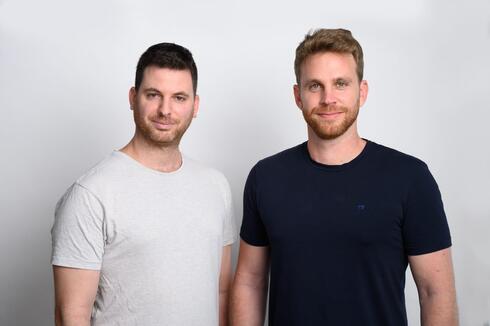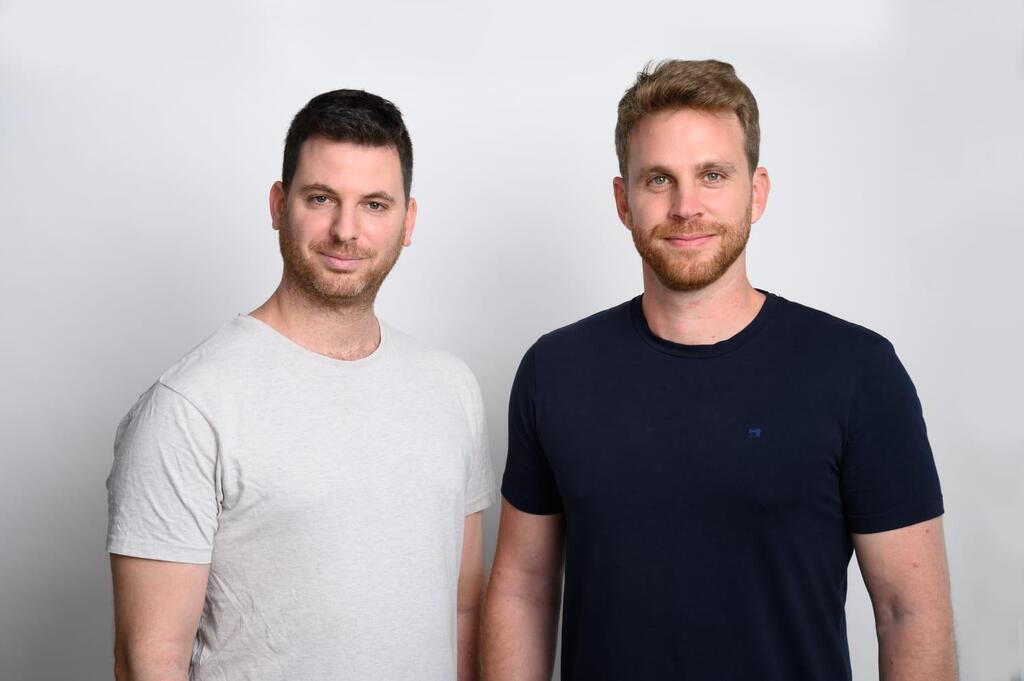
Orca AI raises $23 million for autonomous shipping platform
The Israeli startup's system, already installed on ships operated by major companies including MSC and Maersk, reduces the number of marine accidents, optimizes sailing, and thus reduces fuel consumption and air pollution
Israeli company Orca AI, which develops autonomous ship technology, has raised $23 million. This is the fourth fundraising round for the company since its establishment in 2018, bringing its total fundraising to $40 million. The current round was led by OCV Partners and Mizmaa Ventures, with participation from all existing investors and new investors including American funds Ankona Capital Partners and Santa Barbara Venture Partners. This fundraising follows the company's extension round completed in 2023 and was done at a slightly higher valuation.
Orca AI was founded by Dor Raviv (CTO) and Yarden Gross (CEO). Both founders are veterans of the Israeli Navy, and Orca AI today works with the Israeli Navy while simultaneously expanding into the commercial shipping market and the global governmental and military sectors. Orca AI, which is unrelated to cyber company Orca, employs 70 people, most of whom are based in its Tel Aviv offices, with additional offices in the UK and Greece. The company is estimated to have surpassed the $10 million mark in revenue.
Orca AI's system is designed to make ship navigation more autonomous, similar to systems developed by Mobileye for cars. The system, already installed on ships operated by major companies including MSC and Maersk, reduces the number of marine accidents, optimizes sailing, and thus reduces fuel consumption and air pollution. At the core of the system is an automatic watchkeeper, which detects objects in the maritime space (other vessels, buoys, sea animals) and sends early alerts to the navigation team, allowing them to react and change course promptly.
The business model is based on SaaS, with an annual fee for using the system. Gross noted that beyond competition from other startups, car manufacturers like Hyundai are also entering this market.
Orca AI recently signed an agreement with the insurance company NorthStandard, which specializes in maritime transport, to improve conditions for customers who install its warning systems. In 2023, there were over 2,500 significant marine incidents. In the same period, working with the biggest global shipping companies including MSC, NYK, Maersk, and Seaspan. Orca AI reduced close encounters by 33% and crossing events by 40% across 15 million nautical miles.
Besides commercial fleets, Orca AI's customers also include security sectors that use its capabilities to identify unmanned vessels and drones, which is becoming essential due to recent events in the Red Sea. Providing early warnings to ship crews increases their sense of security and allows them to seek safe spaces in the event of an attack.
In a conversation with Calcalist, Gross explained that the shipping industry is undergoing dramatic changes after decades of no significant technological progress, unlike the automotive or aviation industries. The last major change was the introduction of radars, which happened decades ago. "The accident where a ship collided with a bridge in Baltimore a few months ago was unusual, but smaller incidents frequently occur in the shipping industry," he said. The availability of data and more solutions to improve safety are significant advancements. According to him, a second factor driving the shipping sector towards automation is the lack of workers: "Since the coronavirus pandemic, there has been a crew shortage, which encourages the adoption of autonomous capabilities," Gross added. He pointed out that in Japan, a government-funded project is developing an autonomous ship, understanding that in a decade there will be no workers to operate ships.
The Orca AI system currently provides semi-autonomous capabilities, and the company is working on developing its products for full autonomy. In 2022, Orca AI technology enabled the first voyage of an autonomous merchant ship, which sailed approximately 400 km near the shores of Tokyo with minimal human intervention, in collaboration with the Japanese shipping giant NYK. The company is currently working on the second phase of a fully autonomous ship, which will be completed in 2025.














